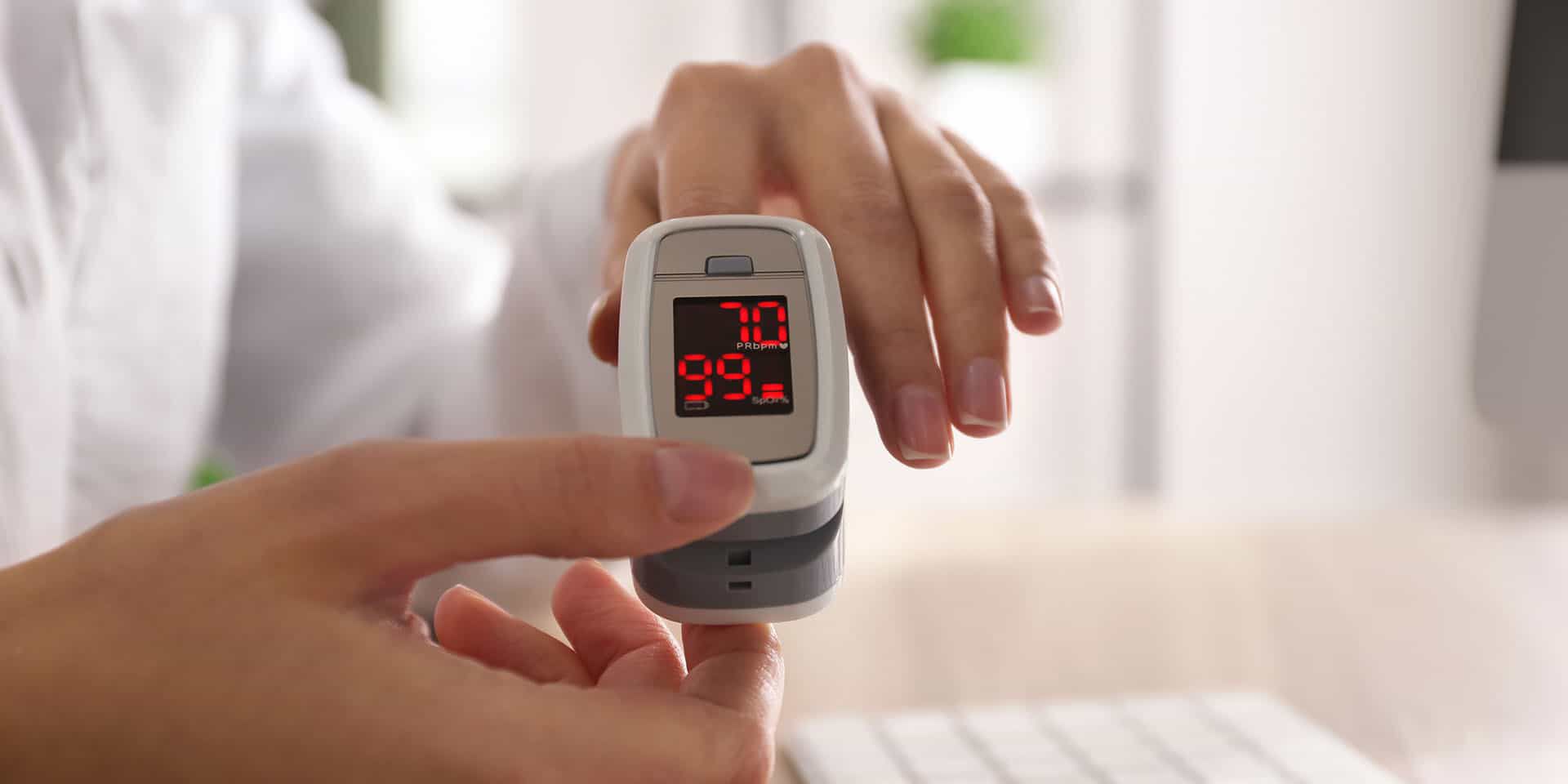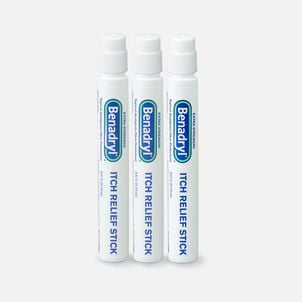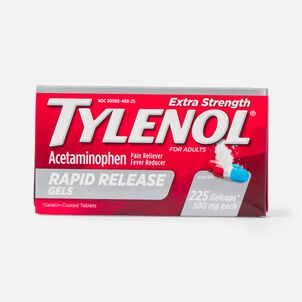Oximeters: Why they are a necessary part of your virus preparedness plan
So you've been washing your hands like a fiend, been homebound except for essential errands, keeping warm, and taking supplements daily. In many ways, you are the poster child on how to be cautious in the time of COVID-19.
But have you heard of an oximeter? And more importantly, why these devices are a must-have in preparing for viruses this winter? When it comes to your virus preparedness plan, here's why having an oximeter at home plays an essential part.
Oximeters can help with early detection of COVID-19
So what exactly does an oximeter do? In a nutshell, an oximeter measures the heart rate and oxygen levels in your bloodstream. It's typically used for patients who have lung disease, reports Yale Medicine.
But since the pandemic, low oxygen levels can also be a telltale sign that one is positive for the coronavirus when you don't have any other apparent symptoms. And some who test positive might have what's called "silent hypoxia." In other words, they exhibited none of the common symptoms of COVID-19, such as shortness of breath or a general feeling of malaise.
Here's the alarming part: Even though these people didn't have the standard symptoms, they later required hospitalization and had not-to-great outcomes. To avoid getting blindsided by your condition potentially worsening, you'll want to keep an oximeter on hand, reports BMJ.
Even though you might initially experience no COVID-19 symptoms other than mild discomfort, you might have low oxygen saturation in your bloodstream.
Some somber facts: Research reveals that if your oxygen saturation falls to 94%, then the risk of mortality is at 13%. If it dips below that 94% threshold? Then, the risk of mortality shoots up to 28%, reports BMJ.
For those who do test positive for COVID-19, and are at high risk for developing severe symptoms, are given an oximeter to test their oxygen saturation levels in their bloodstream. As this could be a red flag indicating that one might suffer from severe pneumonia from COVID-19, it's important to have an oximeter.
The case for pulse oximeters in the home
If you're looking for a simple way to measure the oxygen levels in your bloodstream, then a pulse oximeter is worth looking into. In fact, it should be the newest addition to your medicine cabinet, next to your thermometer and other winter wellness supplies.
Here's how a pulse ox works: It measures your oxygen levels by way of a probe, and doesn't require you to prick your finger and take a sample. Oximeters are easy to use, are relatively inexpensive and easy to transport, and don't take up too much space. Some also can check your heart rate.
One thing to note is that pulse oximeters do have their limitations. For one, they don't measure one's full ventilation, so you can't really gauge one's respiratory health using one. However, they can be a sign that you have a virus.
Know if you are at high risk
As COVID-19 has affected those who become infected with the virus differently, from those who are asymptomatic to hard-hitting ailments such as severe pneumonia or death, having a pulse oximeter in your home is a must. This rings particularly true for those who are at higher risk for hospitalization or experiencing extreme symptoms from COVID-19.
Those who are older. In the U.S. alone, 80% of deaths from COVID-19 were those who were age 65 and up, reports The Mayo Clinic. It could certainly benefit you to have an oximeter at home.
Those with existing health conditions. Those of any age with chronic, existing health conditions that make them at risk for a severe case of COVID-19 are also considered high risk. This includes severe obesity, diabetes, a heart, and weakened immune systems. A pulse oximeter could come in handy if you have asthma, a lung disease, or chronic obstructive pulmonary disease (COPD).
Know what to look for when shopping for a pulse oximeter
Interestingly enough, oximeters can cost up to $3,000. But big thanks to advances in technology, oximeters made for personal use have made them far more affordable. When shopping for a pulse oximeter, here are a few things to keep in mind:
Stick to a pulse oximeter instead of an app. Evidence reveals that apps that claim to measure oxygen levels can be faulty. They aren't really reliable enough to get an accurate reading, suggests Yale Medicine.
Check online. The FSA Store definitely has what you need. We offer pulse oximeters from many of today's top manufacturers so you can factor in this essential medical tool into your home health diagnostics plan.
Of course, if your symptoms worsen, seek professional care. Pulse oximeters are a tool to help you detect a virus such as COVID-19, but it shouldn't be the only thing to check. It's just one tool of many that can help you better diagnose a medical condition so you can gather the right data and info to share with a medical professional to inform your treatment plan.
Thanks for visiting the FSA Learning Center! To stay on top of all FSA news that can affect your health and financial wellness, be sure to follow us on Facebook and Twitter.

















